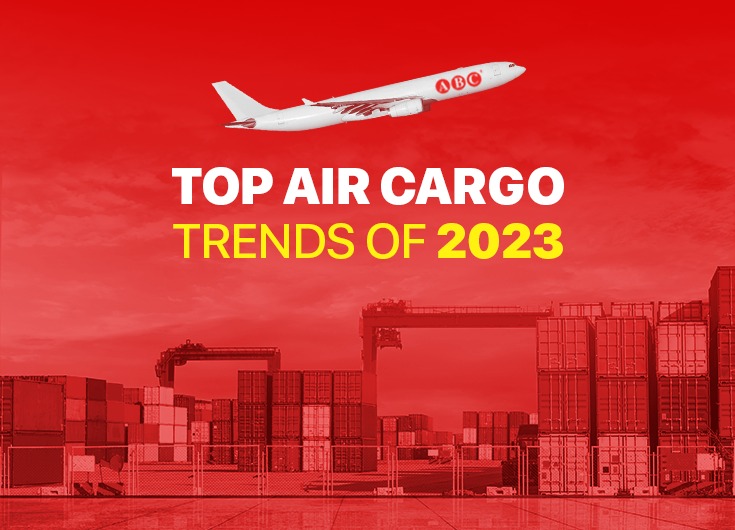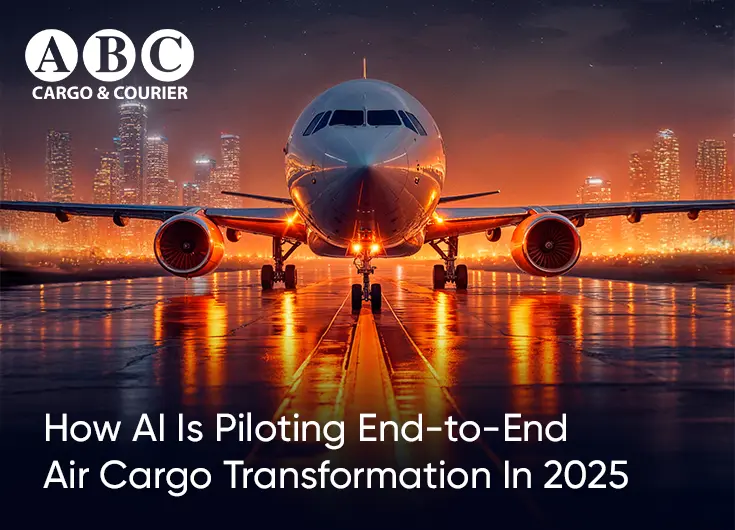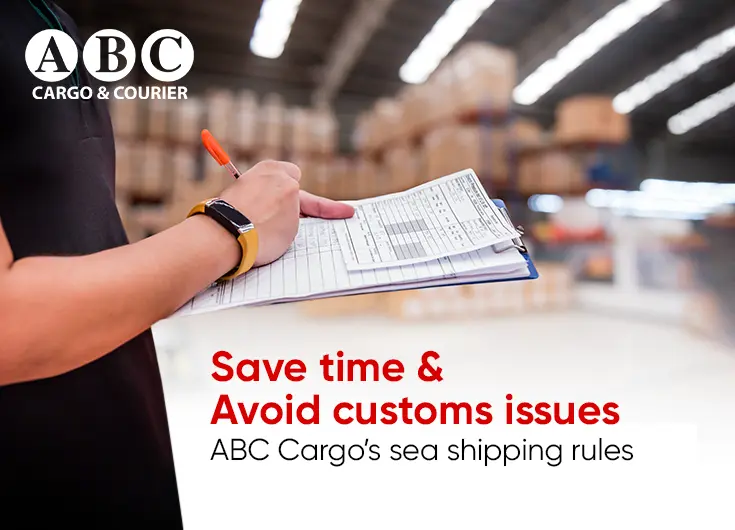In recent years, the air cargo industry has witnessed a significant transformation propelled by the rapid advancement of technology, revolutionizing the industry in ways previously deemed unimaginable.
Among the several factors driving the growth of the industry, e-commerce stands out as a significant contributor, responsible for propelling the sector’s growth during and after the pandemic. With the surge in online shopping, the demand for air cargo services has skyrocketed, necessitating faster and more reliable delivery options.
Moreover, the unprecedented disruption caused by the pandemic has emphasized the need for contactless delivery options. As a result, air cargo has become a critical component of the global supply chain, facilitating the transportation of essential medical supplies, vaccines, and personal protective equipment (PPE) with efficiency and safety.
To remain competitive, the air cargo services in Dubai have wholeheartedly embraced automation. Automation has proven to be a vital catalyst in the industry’s transformation, increasing efficiency, reducing costs, and improving safety.
Now that you have gained a greater understanding of the air cargo industry at large, let’s dive deeper into the categorization, working, and future of the air cargo industry.
What are the 3 main categories of cargo air freight?
The air freight industry is divided into various categories, each with its unique characteristics and requirements.
General Cargo Air Freight
The first and most common category of air freight is general cargo, which includes a wide range of goods that do not require special handling or temperature-controlled conditions. General cargo encompasses a vast array of products, from consumer goods, electronics, and textiles to machinery and raw materials. General cargo is usually transported in standard cargo containers, which are specially designed to fit inside aircraft holds. The transportation of general cargo is relatively straightforward, and the cargo is usually unloaded and loaded using mechanical equipment such as forklifts or cranes.
Special Cargo Air Freight
The second category of air freight is special cargo, which consists of goods that require special handling, packaging, or temperature-controlled conditions during transport. The special cargo includes items such as pharmaceuticals, hazardous materials, live animals, and perishable goods like fruits and vegetables. Transporting special cargo requires specialized knowledge, equipment, and handling procedures to ensure the safety and integrity of the cargo throughout the journey. For instance, perishable goods require temperature-controlled containers, and hazardous materials require specialized packaging and labeling to meet safety regulations.
Oversized Cargo Air Freight
The third category of air freight is oversized cargo, which comprises goods that exceed the size and weight limitations of standard cargo containers. The oversized cargo includes large machinery, vehicles, aircraft parts, and heavy construction equipment. Transporting oversized cargo requires careful planning, specialized equipment, and handling procedures, as these items often require disassembly and reassembly before and after transport. Oversized cargo also requires special permission and permits from authorities and may require unique loading and unloading equipment, such as cranes or lifting platforms.
What is the future of the air cargo industry?
In recent years, the realm of air shipping companies has witnessed a metamorphosis of significant proportions, driven by swelling demand for faster, more efficient, and cost-effective delivery of goods. The ever-increasing interconnectivity of the world has amplified the prospects of International cargo services for perpetual evolution and growth. The future trajectory of this industry especially cargo to India is expected to be shaped by a confluence of various factors such as the advent of cutting-edge technologies, evolving consumer preferences, and a renewed focus on environmental sustainability.
The air cargo industry is poised to leverage the immense potential of emerging technologies, which are expected to revolutionize and elevate the efficiency and security of cargo operations. The advent of autonomous drones, which are capable of navigating through complex terrain and traversing great distances, is expected to enable swift and efficient delivery of goods to even the remotest of locations. Blockchain technology is also set to play a vital role in the air cargo industry, enabling secure and transparent data sharing across multiple stakeholders, from shippers to customs agencies and regulatory bodies.
The trajectory of the air cargo industry will also be influenced by the evolving preferences of consumers, who now demand greater transparency, flexibility, and convenience. The industry will need to adapt to this shift by exploring innovative solutions such as real-time tracking of shipments, on-demand delivery services, and personalized customer experiences.
Furthermore, the explosion of e-commerce and online shopping is fueling the demand for speedy and dependable shipping alternatives, leading to the emergence of innovative air cargo service providers who cater to this particular market niche. Lastly, with the growing concerns surrounding environmental sustainability, there is a renewed emphasis on reducing the carbon footprint of air shipping companies. This is being achieved by employing more fuel-efficient aircraft, harnessing renewable energy, and embracing sustainable logistics practices.
Will the Air cargo industry be able to handle the recession?
Predicting the future of the air cargo industry and its ability to handle a potential recession is a complex matter that is subject to many variables and uncertainties. However, history has shown that the air cargo industry has proven to be relatively resilient in the face of economic downturns.
In the past, during economic recessions, freight forwarders in Dubai have adjusted their operations to adapt to changing market conditions. For example, they have focused on optimizing their supply chain management, reducing costs, and exploring new markets and routes to remain competitive.
In conclusion, the future of Dubai cargo, door-to-door cargo services as well as air cargo services in Dubai is bright, and those who adopt a forward-thinking approach and prioritize innovation and sustainability will undoubtedly emerge as the victors in the years to come.





